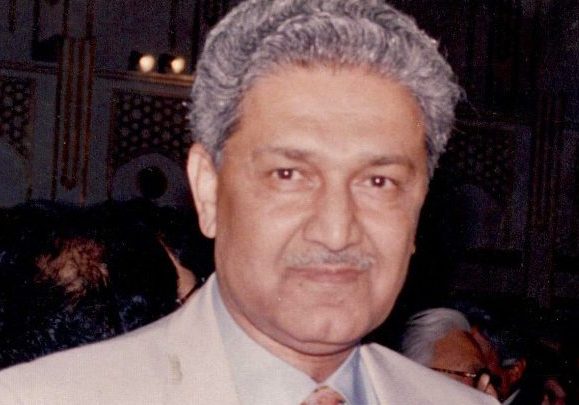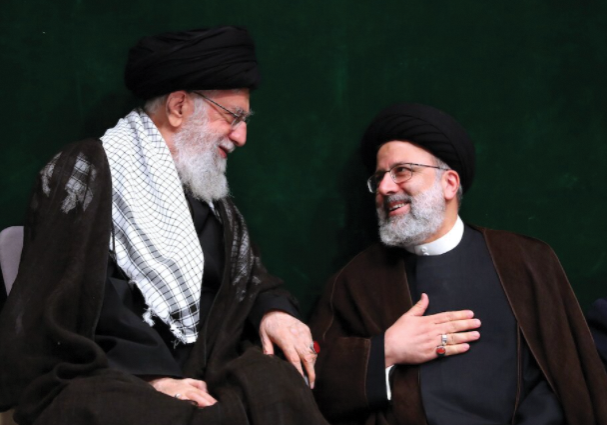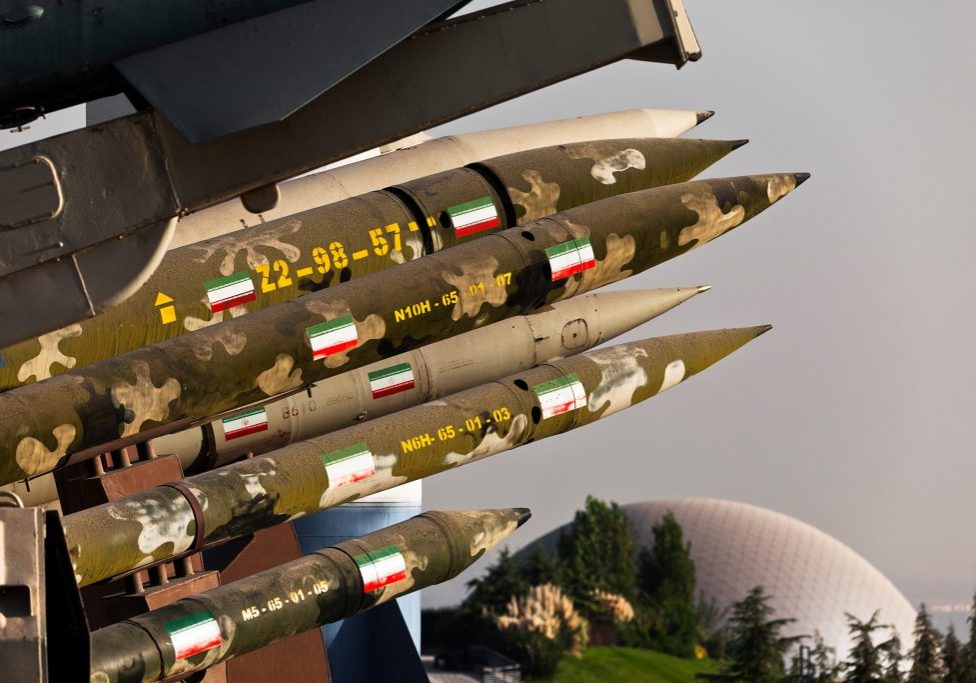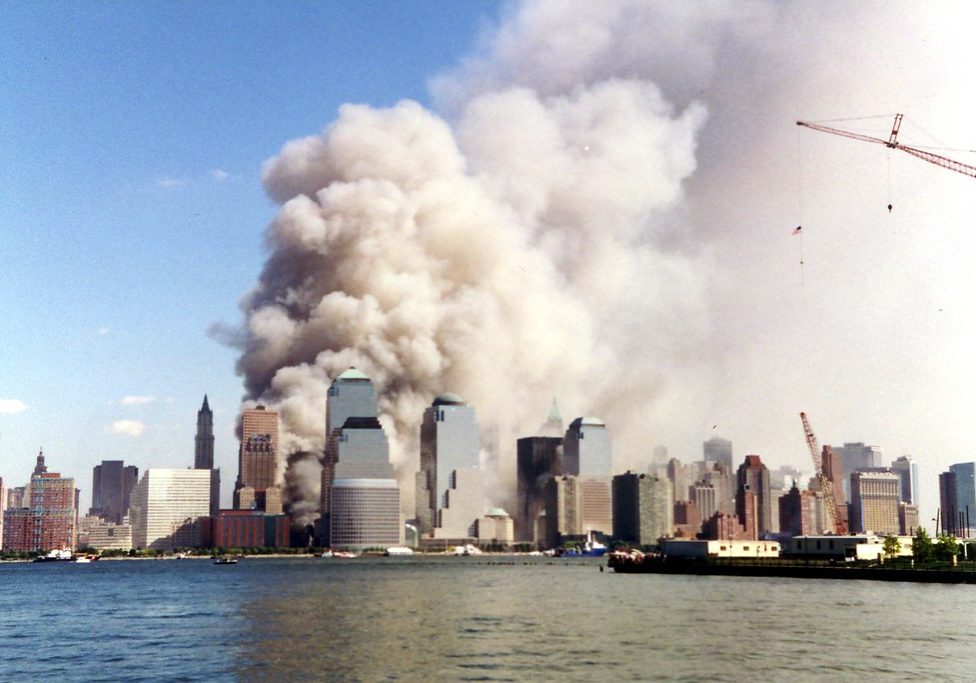Australia/Israel Review
Editorial: Last Chance Diplomacy
Apr 26, 2012 | Colin Rubenstein
Colin Rubenstein
Following a period of increased international sanctions against Iran over its nuclear program, the P5+1 nudged Iran back to the negotiating table on April 13. The two-day talks, held in Istanbul, yielded little but an agreement to resume talks in five weeks time, on May 23 in Baghdad.
Whether you agree with Israeli Prime Minister Binyamin Netanyahu’s assessment that Iran had been given a “freebie”, or US President Barack Obama’s description of the latest talks as an “opportunity for us to negotiate and see if Iran comes to the table in good faith,” the fact remains that despite the sanctions and these negotiations, Iran’s nuclear enrichment and development continues apace in defiance of the unequivocal Western and UN policy to prevent Iran acquiring nuclear weapons.
Given Iran’s consistent stance of open defiance of resolutions, demands and requests directed towards it by the IAEA, UN, P5+1 and others, one might expect relative unanimity among commentators that Iran can only blame itself for the sanctions campaign waged against it and the threat of an eventual military strike should it not change course.
Unfortunately, even at this late stage in Iran’s nuclear development, when Iran is enriching its uranium in its fortified underground Fordow bunker in concentrations and quantities inconsistent with all but military purposes, there are those who would rather blame Israel and the West for the impasse with Teheran.
Günter Grass, whose recent controversial poem “What Must be Said” depicts Israel as a potentially genocidal aggressor against Iran, is one such example. In just one of the many deeply disturbing lines in his poem, Grass alleged that an Israeli strike “could annihilate” the Iranian people – an outrageous calumny. Who is talking about the sort of city-destroying nuclear first strike Grass warns about? Certainly no one in Israel, which has done nothing except raise its voice to warn the world of the grave dangers of nuclear-armed Ayatollahs. In fact, the opposite is true: it is Iran’s leaders who have threatened to wipe Israel off the map.
As Israeli Prime Minister Binyamin Netanyahu said in an interview this month with the German newspaper Welt am Sonntag, “[Grass] has created a perfect moral inversion where the aggressor becomes the victim and the victim becomes the aggressor. Where those who try to defend themselves against the threat of annihilation become the threat to world peace. And where the firefighter and not the arsonist is the real danger.”
If there is a military strike on Iran by either Israel or the US, it will be targeted with precise conventional weapons against military and nuclear targets – and no serious analyst has suggested otherwise. Grass’ stance that he is trying to stop a nuclear strike which will annihilate 78 million Iranians is a dangerous and ugly fantasy based on demonisation.
The same goes for those who wildly insist that the invasions of Iraq and Afghanistan are precedents for what will happen if precision force is deployed against Iran’s nuclear program. Again, no one is discussing a land invasion of Iran so these claims are misleading.
Of course, it’s not just Grass – it’s often more subtle, it’s coming from more sources and it’s not just about Israel.
Creating the illusion of a reversal of roles between Iran on one side and Israel and the West on the other can be achieved in two ways: you can play down the threat of Iran, exaggerate the aggressiveness of the West, or both.
We’ve all heard the hollow arguments: that Iran is only posturing and eager to find a negotiated settlement that would allow it to step back from the brink; that sanctions only anger Iran and cause it to dig in its heels; that even if Iran has a military nuclear program, it is only seeking capability, not weaponisation.
On the flip side, we hear similar voices accusing Israel of pushing the world towards a war for its own benefit, accusing the US of seeking to control Iran’s oil, and so forth.
These misperceptions are not only wrong and misguided, but also obfuscate what is right and clear – that for the US, Israel and its like-minded allies among the nations, a peaceful, negotiated resolution that would bring an end to Iran’s nuclear weapons development is and has always been the preferred outcome. Moreover, what they are demanding is simply that Iran comply with its unequivocal legal obligations set by the Nuclear Non-Proliferation Treaty (NPT) – which Iran signed of its own free will – and with binding UN Security resolutions passed in response to blatant violations by Iran of its NPT obligations.
This, in a nutshell, is what makes the anti-war lobby’s allegation of growing Western “aggression” against Iran the canard that it is. It can’t be a case of warmongering when the offending regime holds the keys to defusing the conflict in its hands at all times.
An order to execute a military strike to prevent Iran’s nuclearisation would not be triggered by a decision in Jerusalem, Washington, New York or London, but ultimately by the actions of Teheran itself.
The sobering fact is that a day looms ahead when a military strike may be necessary, since the consequences of a nuclear-armed Iran – including destabilisation, proliferation and intimidation – would be worse than the undoubtedly serious effects of such a strike.
It would be an unwelcome call to make. But if it does occur, make no mistake that it would be because Iran forced the world’s hand, leaving it with no better alternative than to deny Iran a nuclear weapons capability using the means available to it.
Meanwhile, after over a decade of fruitless efforts towards a negotiated resolution, everyone of good will must fervently hope and pray that, against all expectations, diplomatic success can be achieved at the eleventh hour.
Tags: International Security






